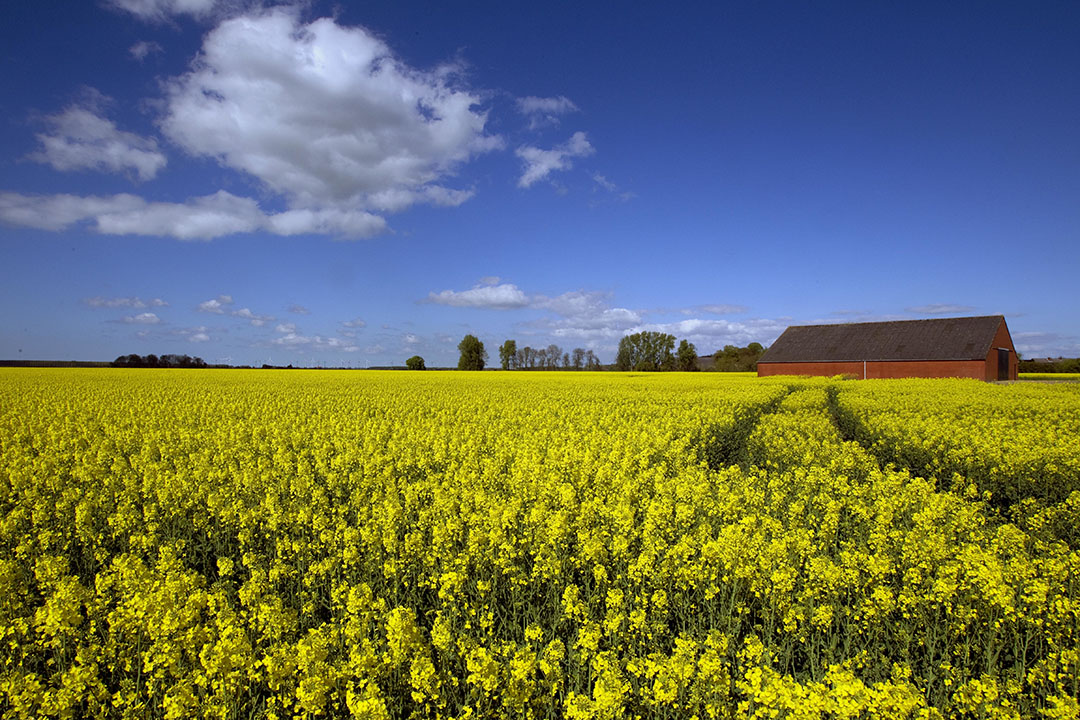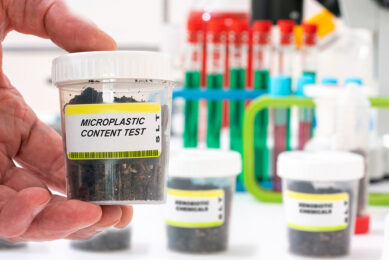Effect of rapeseed meal in sows’ diet on offspring

Researchers of the university of Life Sciences in Lubin, Poland, studied the effect of inclusion of rapeseed meal to the diet of pregnant sows on bone development in offspring.
Dried fermented rapeseed meal included in the sow diet resulted in longer (P = 0.006) and heavier (P = 0.036) femur in their offspring. Maternal dietary supplementation of rapeseed meal increased relative bone volume (P = 0.024) and trabecular number (P = 0.006) and decreased trabecular space (P = 0.007) in femoral epiphysis as well as increased the thickness of hyaline cartilages increased (P < 0.001). The 3-point bending test showed increase in bone mechanical strength (yield and ultimate load, stiffness, elastic energy, and work to fracture; P < 0.05) in boars maternally supplemented with dried fermented rapeseed meal.
However, material properties (Young’s modulus, yield, and ultimate strain) of bone did not differ between treatments, which was a result of the changes in bone mid-diaphysis’s geometry. Although the quantitative indicators of bone mineralisation did not differ between treatments, the maternal diet changed the structure of mineral phase of bone, as X-ray diffraction analysis shown the decrease of the mean size of the hydroxyapatite nanocrystallites (P < 0.001) in boars maternally supplemented with dried fermented rapeseed meal.
This could be the effect of ionic substitutions of Ca ions in the hydroxyapatite structure, as the content of macro- and micro-elements in ashed bone samples was different in treatment groups. Based on the results, it can be concluded that inclusion of dried fermented rapeseed meal to the diet of pregnant sows improved the structure and mechanical properties of compact bone in the mid-diaphysis and microarchitecture of trabecular bone in metaphysis and epiphysis of the examined bones in their offspring at the beginning of the grower period.
Research method
In the experiment 20 pregnant sows were used. The treatment group consisted of 10 sows which got the soybean meal in the diet partially replaced by rapeseed meal (40g/kg) during the whole pregnancy. All newborn boars, a total of 45 in each treatment group, were grown up to the end of starter phase at the age of 77 d. Then, one boar from each sow (n = 10) was selected to be sacrificed.











